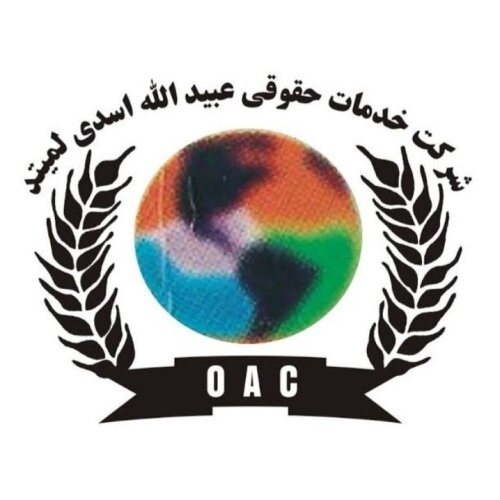Best Debt & Collection Lawyers in Kabul
Share your needs with us, get contacted by law firms.
Free. Takes 2 min.
List of the best lawyers in Kabul, Afghanistan
About Debt & Collection Law in Kabul, Afghanistan
Debt and Collection laws in Kabul, Afghanistan, are governed by the civil legal framework that sets forth regulations pertaining to contractual obligations, the inability to repay those obligations, and the subsequent debt collection. These rules, along with Afghan commercial law, frame the enforcement of financial obligations, collection procedures, and debt recovery protocols.
Why You May Need a Lawyer
There are multiple scenarios in which you may require a lawyer's assistance in terms of Debt & Collection in Kabul. These situations include difficulties in managing your debt, the inability to pay heed to debt collection calls, instances where you are being sued for debt, or cases where your wages have been garnished. A lawyer can also provide you valuable assistance if you believe that your rights have been violated by debt collectors or if you're considering filing for bankruptcy.
Local Laws Overview
The Afghan Civil Law provides the regulations for debt enforcement and the rights of both debtors and creditors. It stipulates the procedures for debt recovery, including sending a demand letter, initiating formal legal proceedings, and enforcing court orders for credit recovery. It also prescribes penalties and remedies in case of illegal or unethical debt collection practices.
Frequently Asked Questions
Can I be jailed for not paying my debts?
No, you cannot be jailed for simply owing debts. However, failure to comply with a court order regarding debt repayment can lead to legal consequences.
What should I do if I'm being harassed by a debt collector?
If you're being harassed by a debt collector, you can lodge a complaint with relevant local authorities or seek legal help to protect your rights.
What is the legal process for debt recovery?
The legal process for debt recovery includes sending a demand letter, initiating a lawsuit if necessary, obtaining a court judgment, and enforcing that judgment to recover the debt.
What are my rights as a debtor?
As a debtor, you’re entitled to respect and dignity, free from harassment or unethical practices from creditors or debt collectors. You're also entitled to due legal process in the enforcement of a debt.
Can I negotiate my debt in Kabul, Afghanistan?
Yes, it's often possible to negotiate with your creditor or their representative to restructure your debts or possibly reduce the amount you owe.
Additional Resources
The Ministry of Justice Afghanistan and Commercial Law Development Program (CLDP) under US Department of Commerce provide resources related to commercial law, including debt and collection. They can offer valuable insights into the rules and regulations specific to Kabul, Afghanistan.
Next Steps
If you need legal assistance regarding Debt & Collection, it's recommended to contact a legal professional experienced in this particular field. Collect all the related documentation such as loan agreements, credit reports, and correspondence with creditors or collection agencies. Be prepared to discuss in detail your financial situation and any issues you've encountered with debt repayment. Remember, getting legal advice is a crucial step in managing your debts and resolving any disputes that may arise in the process.
Lawzana helps you find the best lawyers and law firms in Kabul through a curated and pre-screened list of qualified legal professionals. Our platform offers rankings and detailed profiles of attorneys and law firms, allowing you to compare based on practice areas, including Debt & Collection, experience, and client feedback.
Each profile includes a description of the firm's areas of practice, client reviews, team members and partners, year of establishment, spoken languages, office locations, contact information, social media presence, and any published articles or resources. Most firms on our platform speak English and are experienced in both local and international legal matters.
Get a quote from top-rated law firms in Kabul, Afghanistan — quickly, securely, and without unnecessary hassle.
Disclaimer:
The information provided on this page is for general informational purposes only and does not constitute legal advice. While we strive to ensure the accuracy and relevance of the content, legal information may change over time, and interpretations of the law can vary. You should always consult with a qualified legal professional for advice specific to your situation.
We disclaim all liability for actions taken or not taken based on the content of this page. If you believe any information is incorrect or outdated, please contact us, and we will review and update it where appropriate.








